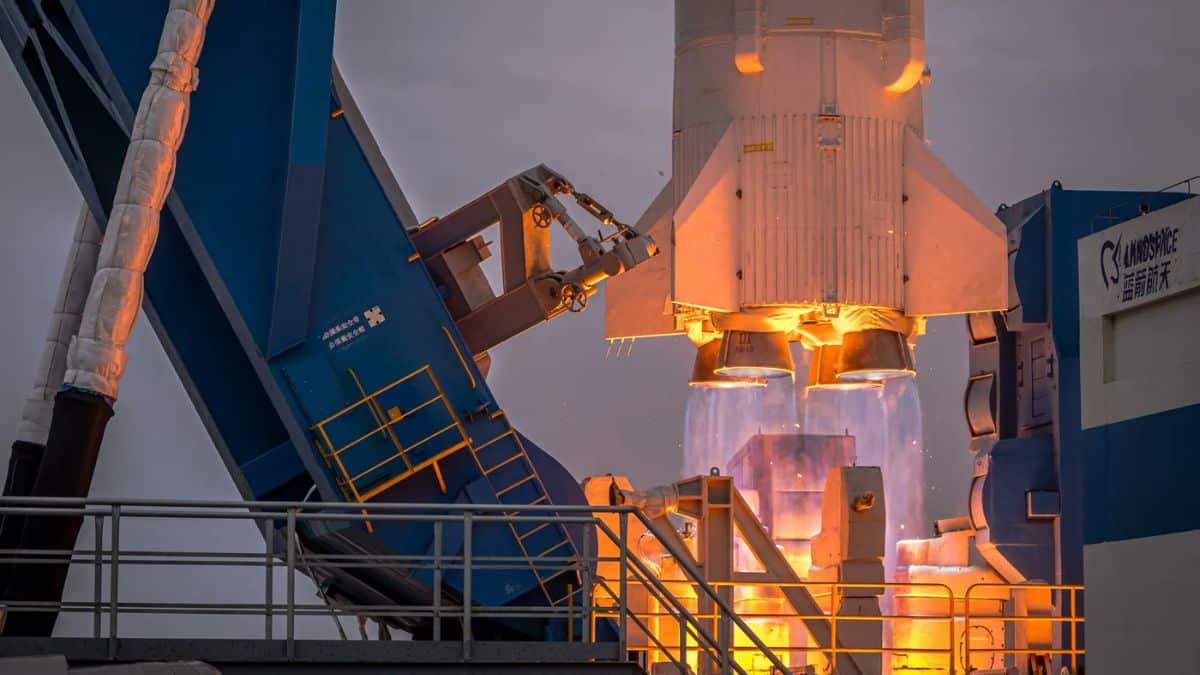LandSpace Technology, a private aerospace company based in Beijing, has achieved a significant milestone in the commercial space industry. By successfully launching three satellites into orbit using its methane and liquid oxygen-powered vehicle, Zhuque 2 Y-3, the company has demonstrated the readiness of this technology for commercial launches.
This achievement not only showcases the capabilities of methane as a viable rocket fuel but also instils confidence in investors. Methane offers the potential for cost reduction and the development of cleaner and more efficient reusable rockets. With this success, the commercial space industry could enter a new era.
In China, several private rocket startups are actively conducting tests or commercial launches, aiming to meet the growing demand in the country’s expanding commercial space industry. This competition is driven by the desire to establish satellite constellations as an alternative to Elon Musk’s Starlink.
The Zhuque 2 Y-3 rocket was launched at 7:39 a.m. from the Jiuquan Satellite Launch Center in China’s Inner Mongolia region. This particular launch, being the third test for the Zhuque-2 series, achieved a significant milestone as it successfully lifted satellites into space.
In a previous attempt in July, LandSpace became the world’s first company to launch a methane-liquid oxygen rocket, even without real satellites. This achievement positioned them ahead of their U.S. rivals, including SpaceX and Blue Origin. The successful launches of Zhuque-2 demonstrate its reliability for commercial use.
While LandSpace reported that the three satellites reached a 460-km (285-mile) sun-synchronous orbit, specific details regarding the types and overall weight of the satellites were not provided.
The Zhuque-2 rocket can deploy payloads weighing a total of 1.5 metric tons into a 500-km (300-mile) orbit. LandSpace has ambitious plans to enhance this capacity to 4 tons in future upgraded versions. This expansion will effectively cater to the requirements of spacecraft and near-Earth orbit satellites, thereby solidifying LandSpace’s prominent position in the commercial space industry.
LandSpace has successfully attracted significant investments, including a noteworthy 1.2 billion yuan funding round in 2020. The company continues to secure financial support, with recent undisclosed amounts recorded by the Tianyancha database.
However, LandSpace is not content with its current achievements. The company has embarked on the development of reusable rockets and aims to conduct a test launch in the latter half of 2025.
Through these remarkable accomplishments, LandSpace is not only at the forefront of advancing rocket technology but also actively contributing to China’s aspiration of becoming a leading global space power by 2045. The success of LandSpace and other private technology startups in China serves as a testament to the country’s growing prominence in the global space race.

